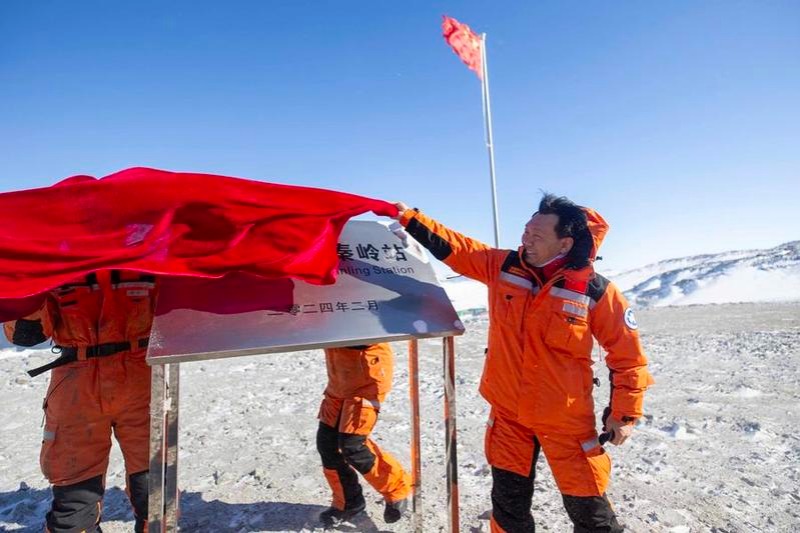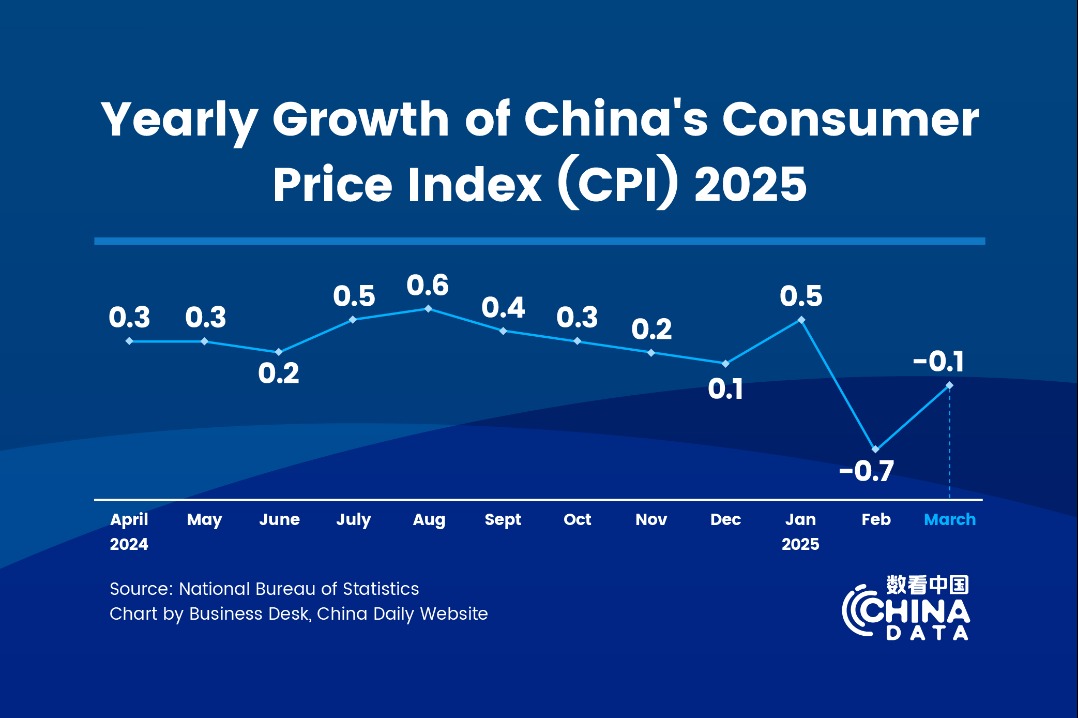Gilead Sciences hopes to end hepatitis B


Global biopharmaceutical firm Gilead Sciences Inc has reaffirmed its commitment to curing hepatitis, and with it, helping sufferers in China, a country with one third of all the world's hepatitis B carriers.
Due to its population, China is crucial to the firm, said Rogers Luo, vice-president of Gilead and general manager of Gilead China, in a media briefing, adding that new research and development initiatives are likely to come to the country soon.
For over 30 years, California-based Gilead has sunk billions of dollars into the R&D of anti-hepatitis drugs. Breakthroughs mean that one strand, hepatitis C, can already be completely cured. The firm says its goal now is to find a permanent cure for hepatitis B.
"We are sure we will finally cure the disease," said Gregg Alton, chief patient officer of Gilead.
Statistics from the World Health Organization showed there are 86 million hepatitis B virus carriers in China. Without treatment, it is estimated that between 2015 and 2030, 10 million people will die from a hepatitis B-related disease.
"Although there is no permanent treatment for hepatitis B now, with the upgrading of antiviral drugs, chronic hepatitis B patients, who receive long-term treatment, can have better medication options, with a very low drug resistance rate and better safety assurance, reducing the risk of liver cancer," said Ren Hong, head of the Second Affiliated Hospital at Chongqing Medi-cal University.
However, medical professionals said that message is slow to get through to patients.
Zhuang Hui, an academic at the Chinese Academy of Engineering, described chronic hepatitis B as "a severe public health problem in China."
"One third of the chronic hepatitis patients in the country don't know there are anti-hepatitis drugs now, half of the patients haven't received standardized antiviral therapy, and 60 percent of them stop taking medicine before it's time to," he said.
The WHO is aiming to eliminate hepatitis by 2030.
Margaret Chan, former director of the WHO, noted that combating hepatitis requires joint efforts from the government, NGOs, the healthcare industry, society and patients. The Asia-Pacific region, especially China, is a crucial part of the global initiative.
On Nov 8, Gilead received approval in China for Tenofovir alafenamide, a drug designed for treating chronic hepatitis B in adults and children weighing over 35 kilograms, and 12 years of age and older. The drug is the only anti-hepatitis B drug that has got approval from the Food and Drug Administration in the last 10 years, bringing new hope for patients.
In addition to TAF, the company has launched five products in China in the last 15 months. It is also working closely with authorities to make the drugs available through China's medical insurance system.
"One major task of the company is to raise the accessibility of the innovative drugs introduced to China, to enable more patients to use our medicines, at a more affordable price," said Luo.
Although no specific figure was revealed, the company said it will increase its investment in China in the future. "We see the tremendous progress of the Chinese central government in improving the healthcare market, particularly for innovative companies in China," said Alton.
"The government has focused on four key areas. It has more sophisticated, transparent and predictable regulatory reform, allowing us to get products onto the market. Its reimbursement reform has made our products more accessible for our patients, especially those who are poor."
He noted that the government has also made progress in protecting intellectual property rights, both for patents and data, and that the government has a strong commitment to enforcing ethical practices among firms in China.
"These four key areas really make the environment good for innovative companies like Gilead. Therefore, we intend to do more clinical research and look for more scientific partnerships in China, and we will absolutely increase our investment," he said.




































